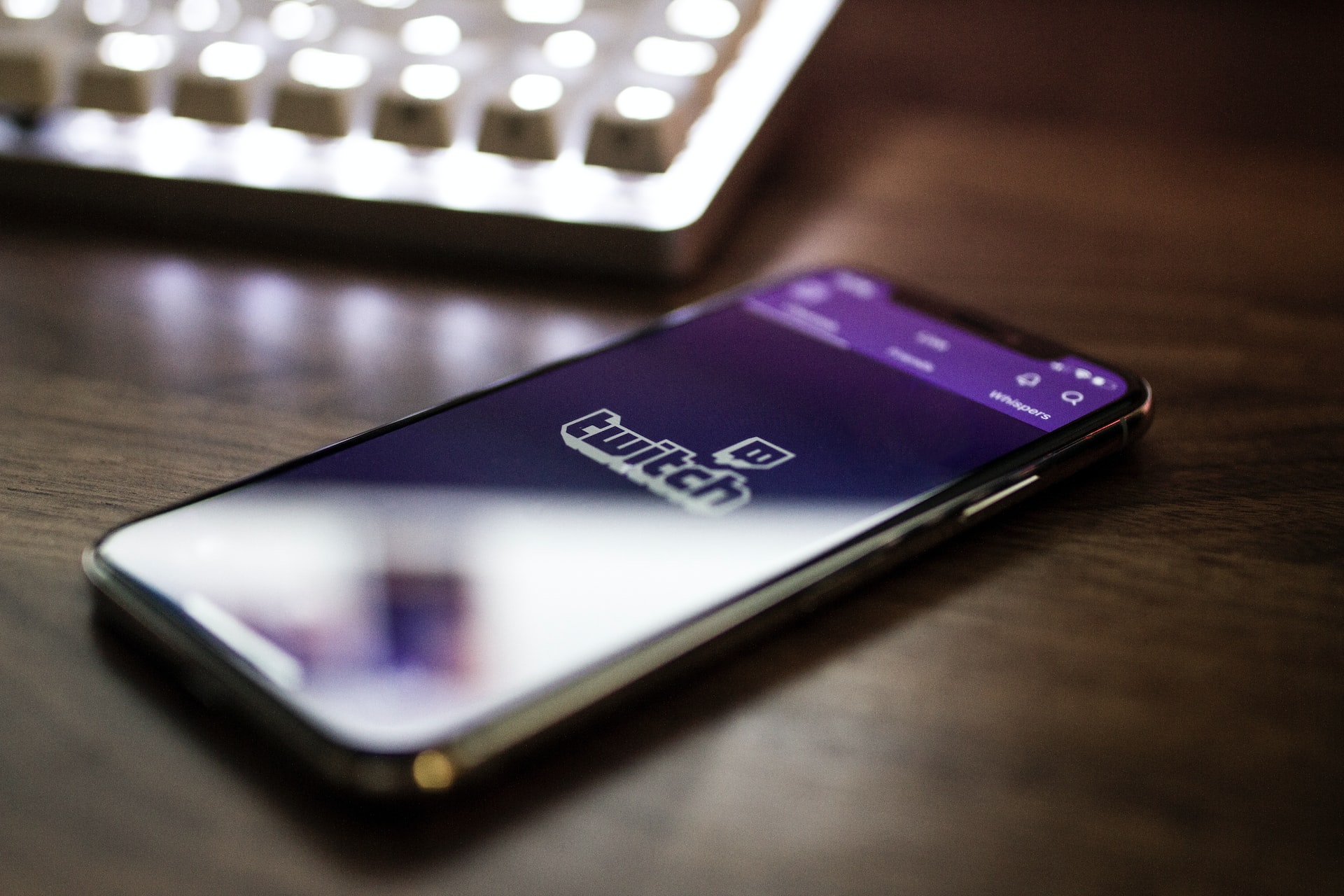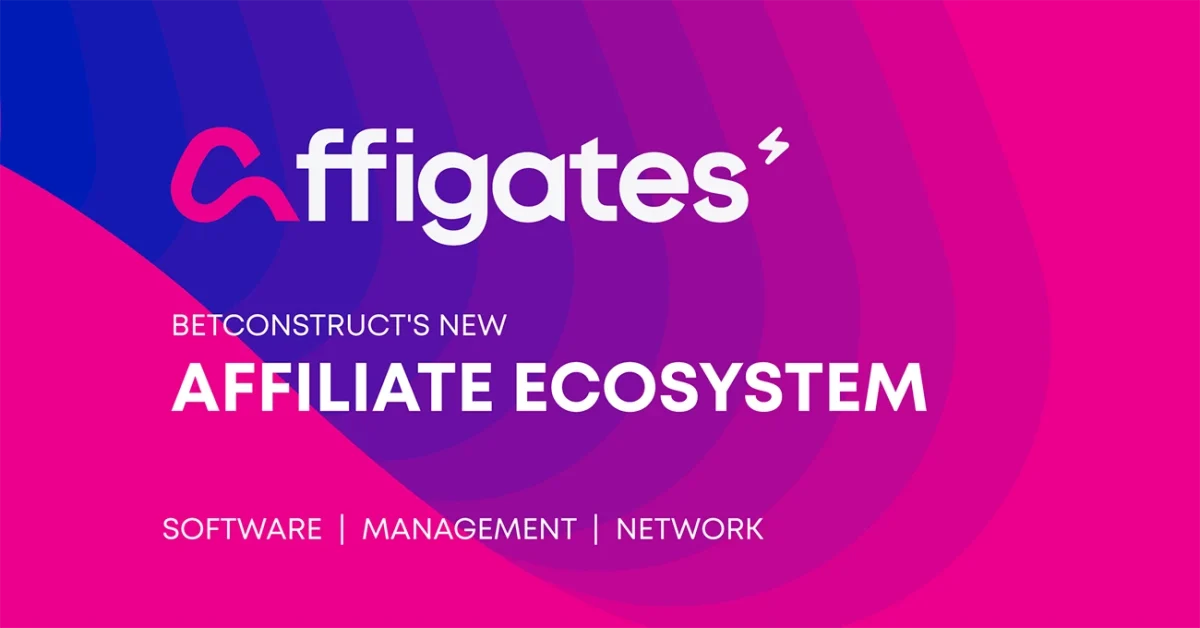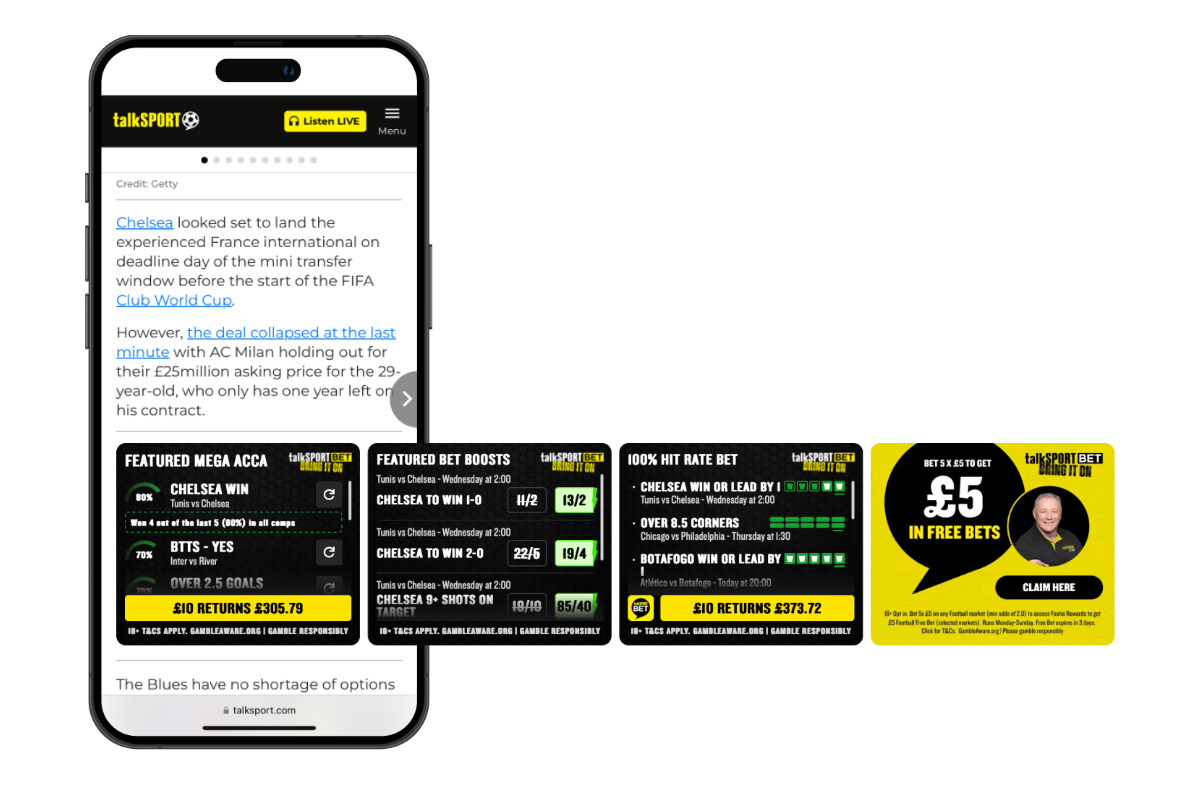News
Twitch bans crypto-casinos, but all other forms are still allowed

Crypto-casino streaming has been banned by Twitch, but the platform still enables vast amounts of fiat currency gambling. The industry however should take care with promoting such high levels of gambling to young audiences, says Pavlos Sideris, director of Double Up Media.
The decision by the streaming giant Twitch to ban gambling websites whose content includes “slots, roulette, or dice games that aren’t licensed either in the US or other jurisdictions that provide sufficient consumer protection” has been described as a clampdown on gambling-related streaming.
It is true that the Amazon-owned group has, at a purely technical level, placed a ban on unlicensed gambling sites that stream players playing their online gambling products, but in reality it only refers to crypto-backed casinos, which make up so much of the casino content that is streamed.
Twitch however hasn’t banned ‘traditional’ online casino, sports betting or poker operators and affiliates that are regulated in the US (or other major markets).
This is no coincidence. It may be stating the obvious, but the reason Twitch decided to ban cryptocurrency-backed casino play from being streamed is because it is not regulated in the US and as a US company it doesn’t want to attract any more controversy than it already has when it comes to this issue.
The fact that crypto-casino is also not regulated in the UK and other European markets also played a part, but the audience levels generated by casino streamers in the US are that much more significant, while many of the biggest (regulated) casino channels have marketing agreements with major US brands and are highly active on the platform.
Streaming exposure
The lack of crypto regulation did not stop the large crypto brands such as Stake.com, Duelbits or Roobet from streaming online casino play and subsidising streamers with major sponsorship contracts to ensure they continue to broadcast to their thousands of followers.
This has given them significant exposure and, one imagines, enabled them to recruit huge amounts of players. These customers will have watched the rap superstar Drake win $12m on a single roulette spin on Stake.com, having lost more than $800k betting on sports a few hours before, and will have been enticed to open accounts with those operators.
In 2021 and as a nod to wanting to protect its audiences from too much gambling exposure, Twitch outlawed referral codes and affiliate links. The measure however will not have prevented thousands of consumers from easily finding the sites online; while the decision by some of the sites to not accept players from the US is easily circumvented by VPNs.
In fact, looking at its decision to ban crypto-casino streaming, one may wonder what has taken Twitch so long to adopt the measure. After all, crypto-backed casinos and sportsbooks have always been unregulated in the US, UK and other major markets.
Of course, the reason Twitch did not ban them earlier is commercial. The streams by celebrities like Drake and sponsored players such as Mizkif, Trainwrecks or Niknam attracted huge audiences and that would have been the only metric Twitch paid attention to.
Reputational concern
Conversely, the most likely factor to influence Twitch into banning crypto casino sites will have been reputational. Cheating scandals or streamers fleecing players out of significant amounts of money to fund their gambling activities have created huge controversies and shone a most unflattering light on Twitch’s ready acceptance of crypto casino play.
The site is owned by the e-commerce giant Amazon, which likely decided that the safest way to avoid further scandals is to ban crypto casinos outright.
The other obvious point to make is that Twitch on the whole appeals to much younger demographics than those that might play on ‘regular’ slot sites. The company’s advertising and media information says “nearly 75% of Twitch viewers are between the ages of 16 and 34”.
The idea that thousands of young Twitch watchers might have been led into opening accounts on sites that were (and still are) unregulated and where they may have spent huge amounts of money while potentially developing gambling problems would be enough to give any public affairs or compliance executive significant worries.
No gambling ban
In an echo of the point made at the start of this article, campaigners and industry observers have been quick to point out that the new measure by Twitch “isn’t an outright ban on gambling” but just “a blow to crypto casinos”.
Indeed, what some campaigners want is a complete ban on the streaming of online slots and other casino games on Twitch, because, they say, “it is objectively harmful to the website and its users” and Twitch’s ban on unregulated operators still means that “luck-based gambling will still be alive and well on the website on October 18th” when the ban on crypto casinos comes in.
A ban is unlikely to happen in the near or medium term at least and a quick scan of the ‘Slots’ homepage on Twitch shows that the crypto casino channels have now been replaced by more ‘traditional’ ones.
In addition, with competing streaming platforms such as DLive more than willing to accept crypto (or other) casino streamers, it seems unlikely that Twitch will broaden its ban to ‘traditional’ casino channels.
Mass availability
Twitch’s rise as a showcase for online slots and other casino games has been steady and long trailed over the past few years.
What the platform also shows is that live casino continues to evolve. From its original and current incarnation as a product aimed mainly at VIPs and ‘whales’ on regular casino websites, to one that, thanks to Twitch, is becoming more focused on online slots and has been made available to a much broader and younger section of the population.
Without wanting to be too alarmist, the fact that younger demographics are exposed to gambling products much earlier than might have been the case in the past should be a cause for concern for all of us as stakeholders.
There have already been a number of addiction or problem gambling stories of young players who became familiar with gambling through Twitch. Criticising the industry for not intervening earlier will be of no use if all gambling streaming eventually gets banned on Twitch.
Affiliate Announcements
Discover Affigates: BetConstruct’s Innovative Affiliate Network for the iGaming Sector

Industry powerhouse BetConstruct is announcing the official launch of Affigates, a full-scale affiliate ecosystem that is set to redefine how operators and partners connect in iGaming.
What Sets It Apart?
Affigates brings affiliate software, affiliate program management, and a performance-tested network under one roof, designed from the ground up for scale, speed, and smarter growth.
From AI-aided management to a proprietary scoring system that filters the noise and finds real partners, Affigates removes the friction and delivers results that actually move the needle. With over 4500+ affiliates, 630+ active partner operators, and access to more than 30 million players, the ecosystem is already making a significant impact.
See It First at iGB L!VE
Affigates is making its global debut at iGB L!VE in London, where the sharpest minds in iGaming converge. You will find the ecosystem in action at its own stand, C40, as well as the dedicated team behind it.
Catering to both ready-to-scale operators and affiliates aiming higher, Affigates is here to deliver the affiliate solution the industry has been waiting for.
Affiliate Announcements
Affilka by SOFTSWISS Unveils Updates for Affiliates

Affilka by SOFTSWISS, an award-winning affiliate management software platform, has announced a suite of new product updates for the affiliates. The latest release introduces a Traffic Report with advanced clicks analytics, an API for extracting campaigns and tracking links, and a sub-affiliate NGR-based revenue share model.
Traffic Report: In-depth Click Analysis
This new Traffic Report focuses on detailed click-level analytics, offering in-depth insights into clicks, registrations, deposits, and conversion rates such as click-to-reg and click-to-FTD – all in one place. It includes several key features for flexible data analysis:
- Multi-dimensional filtering and data grouping: The report enables users to filter and break down the data into granular views across multiple dimensions, offering detailed insights by traffic source, campaign, country, device type, IP address, and more. Notably, click data is transferred to the report in real time, providing instant visibility into user activity.
- CSV data export: The report supports one-click CSV export, allowing affiliates to easily download raw data for offline analysis or sharing.
- Historical data access: Affiliates can review traffic statistics from 1 January 2023, enabling year-on-year comparisons and long-term trend evaluation.
Gleb Bichan, Product Lead at Affilka by SOFTSWISS, comments: “At Affilka, we know how crucial it is for operators and affiliates alike to make data-driven decisions. That’s why we’re introducing tools like the Traffic Report to help partners become more productive and uncover new insights faster.”
API for Marketing Campaigns and Tracking Links
In addition to the existing Reports API, affiliates can now access data on their marketing campaigns and tracking links directly via API, allowing for automated data extraction and custom integrations. With this API access, users can retrieve up-to-date lists of marketing campaigns, promo codes, and related performance metrics directly via API calls. This improvement helps Affilka clients automate their reporting workflows and integrate affiliate data with external BI tools, reducing manual effort and ensuring timely access to key information.
New Sub-affiliate Revenue Share Model
Responding to client feedback, Affilka’s team also features a new sub-affiliate reward type. This allows affiliates to earn a commission based on the Net Gaming Revenue (NGR) generated by players referred by their sub-affiliates, offering a more direct revenue-sharing approach. By aligning earnings with the actual revenue brought in by sub-affiliates, the update incentivises collaboration and gives experienced affiliates a stronger stake in mentoring their referred partners.
Gleb Bichan adds: “For us, it’s important that affiliates not only use the product but also feel it’s built with their real needs in mind. We regularly gather feedback and implement improvements that make daily workflows more transparent and efficient. Features like the Traffic Report, API access, and new reward types are direct responses to partner requests – and we’re not stopping there. We plan to introduce even more tools designed to simplify affiliate operations, so stay tuned for upcoming updates.”
Affilka by SOFTSWISS will be presented at iGB in London from 3 to 4 July 2025. Attendees of the event can learn more about new features directly from the Affilka team and see how these innovations support better affiliate programme management.
About SOFTSWISS
SOFTSWISS is an international technology company with over 15 years of experience developing innovative solutions for the iGaming industry. SOFTSWISS holds a number of gaming licences and provides comprehensive software for managing iGaming projects. The company’s product portfolio includes the Online Casino Platform, the Game Aggregator with over 30,000 casino games, the Affilka Affiliate Platform, the Sportsbook Software and the Jackpot Aggregator. In 2013, SOFTSWISS revolutionised the industry by introducing the world’s first Bitcoin-optimised online casino solution. The expert team counts over 2,000 employees.
News
Checkd Dev Launches New Affiliate-Focused AdTech Product Powered by BRUNO Platform

-
Seamless integration of sign-up offers, bonuses, promotions, and ambassador-led bets
-
A streamlined back end powered by Checkd’s Automated Betting Solution CMS, enabling affiliates to easily configure and control the full content proposition
-
A tailored, user-centric experience that boosts engagement and monetisation potential which is based on many years of Checkd’s learnings within the ultra-competitive UK affiliate landscape
-

 Affiliate Success2 weeks ago
Affiliate Success2 weeks agoCasino Guru brings home ‘Casino Affiliate of the Year’ accolade at SBC Awards Europe
-

 News2 weeks ago
News2 weeks agoMeet MegaList: The Rising Force in iGaming Affiliation
-

 iGB6 days ago
iGB6 days agoRoyal Partners is touching down in London for this year’s most anticipated conference!
-

 News5 days ago
News5 days agoNorth Star Network acquires BasketUSA.com and BasketEurope.com
-

 News4 days ago
News4 days agoCheckd Dev Launches New Affiliate-Focused AdTech Product Powered by BRUNO Platform
-

 Affiliate Announcements4 days ago
Affiliate Announcements4 days agoAffilka by SOFTSWISS Unveils Updates for Affiliates
-

 Affiliate Announcements4 days ago
Affiliate Announcements4 days agoDiscover Affigates: BetConstruct’s Innovative Affiliate Network for the iGaming Sector





















